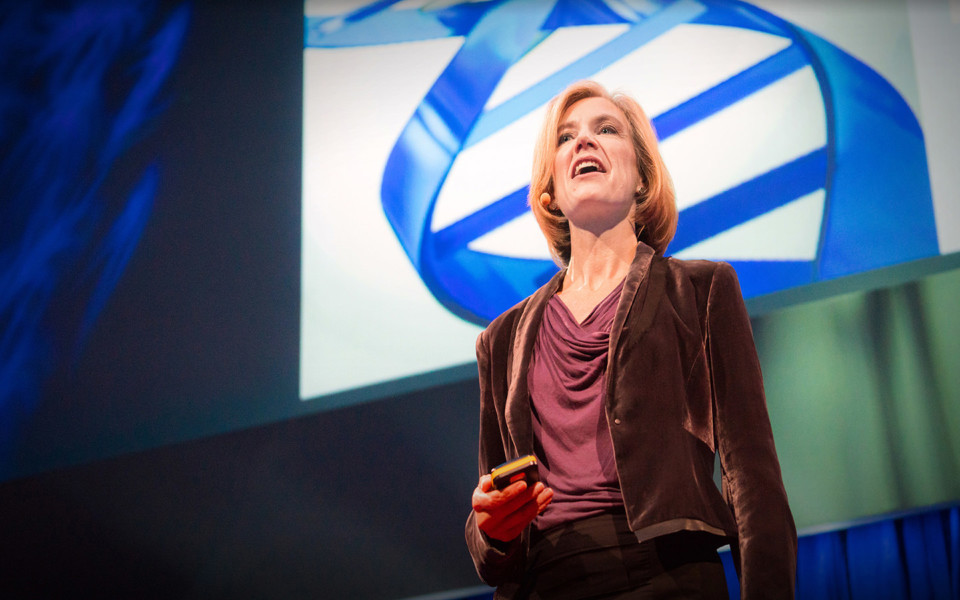Tinkering With Nature: Weighing the Benefits and Risks of Genetically Engineering Animals
Within the past few years scientists have revolutionized genetic engineering techniques so that now, with relative ease, they can precisely edit the genetic coding of animals more-or-less on demand. What once took decades or longer through selective breeding is now nearly instantaneous. Researchers have already produced salmon that grow faster and beef cattle with larger muscles (and therefore more meat).
The rapidly advancing field has implications not just for food production, but for slowing the spread of deadly diseases, like malaria, and protecting endangered species in the wild. But, has the sudden arrival of gene-edited animals overtaken the public discussion of their risks and benefits?
In this lesson, students will learn about the process of gene editing and consider the ethical questions inherent in tinkering with animal DNA. Then, they will debate two very different case studies of animals already engineered: fast-growing salmon and offspring-free mosquitoes. In the Going Further section, we provide resources for investigating the gene-editing process in more detail and considering the benefits and risks of additional genetic engineering applications, including editing human DNA…


